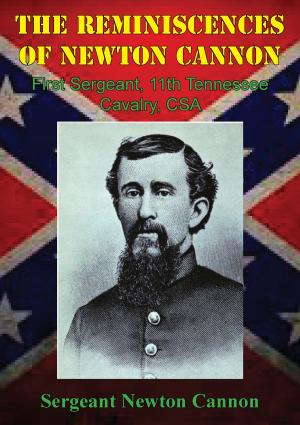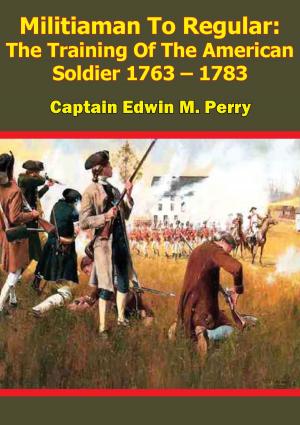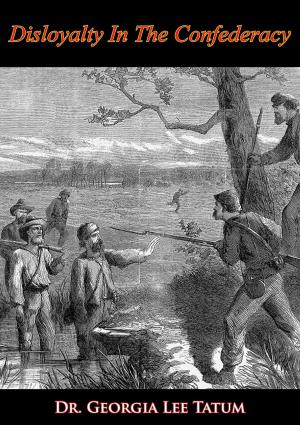Second Manassas: An Operational Dynamics Perspective. [Illustrated Edition]
Nonfiction, History, Modern, 19th Century, Americas, United States, Civil War Period (1850-1877), Military| Author: | Major Kent Thomas | ISBN: | 9781782894209 |
| Publisher: | Golden Springs Publishing | Publication: | August 15, 2014 |
| Imprint: | Golden Springs Publishing | Language: | English |
| Author: | Major Kent Thomas |
| ISBN: | 9781782894209 |
| Publisher: | Golden Springs Publishing |
| Publication: | August 15, 2014 |
| Imprint: | Golden Springs Publishing |
| Language: | English |
Includes Civil War Map and Illustrations Pack - 224 battle plans, campaign maps and detailed analyses of actions spanning the entire period of hostilities.
The concept of winning wars when outnumbered is critical to United States doctrine in the 1980s and 1990s. As the product of domestic and allied force structuring, our most dangerous enemy has developed a clear cut superiority in mass. That disadvantage does not however, relieve planners of the responsibility for developing plans that propose ways of defeating our larger enemy. This study examines the elements of operational dynamics in light of their use as tools in the development of such a plan. The vehicle for this examination is the Second Manassas Campaign of the American Civil War. During that campaign, Robert E. Lee’s use of the elements of what we now term operational dynamics enabled him to transition from operational defense to offense, move smoothly from interior lines of operation to exterior lines, and defeat a numerically superior force. This analysis demonstrates the utility of operational dynamics in achieving such results.
Includes Civil War Map and Illustrations Pack - 224 battle plans, campaign maps and detailed analyses of actions spanning the entire period of hostilities.
The concept of winning wars when outnumbered is critical to United States doctrine in the 1980s and 1990s. As the product of domestic and allied force structuring, our most dangerous enemy has developed a clear cut superiority in mass. That disadvantage does not however, relieve planners of the responsibility for developing plans that propose ways of defeating our larger enemy. This study examines the elements of operational dynamics in light of their use as tools in the development of such a plan. The vehicle for this examination is the Second Manassas Campaign of the American Civil War. During that campaign, Robert E. Lee’s use of the elements of what we now term operational dynamics enabled him to transition from operational defense to offense, move smoothly from interior lines of operation to exterior lines, and defeat a numerically superior force. This analysis demonstrates the utility of operational dynamics in achieving such results.
![Cover of the book Second Manassas: An Operational Dynamics Perspective. [Illustrated Edition] by Major Kent Thomas, Golden Springs Publishing](https://www.kuoky.com/images/2014/august/500x500/9781782894209-xHCg_500x.jpg)

![Cover of the book Staff Ride Guide - The Battle Of First Bull Run [Illustrated Edition] by Major Kent Thomas](https://www.kuoky.com/images/2014/august/300x300/9781782894599-MCut_300x.jpg)



![Cover of the book Recollections Of A Confederate Staff Officer [Illustrated Edition] by Major Kent Thomas](https://www.kuoky.com/images/2014/august/300x300/9781782895299-wepu_300x.jpg)








